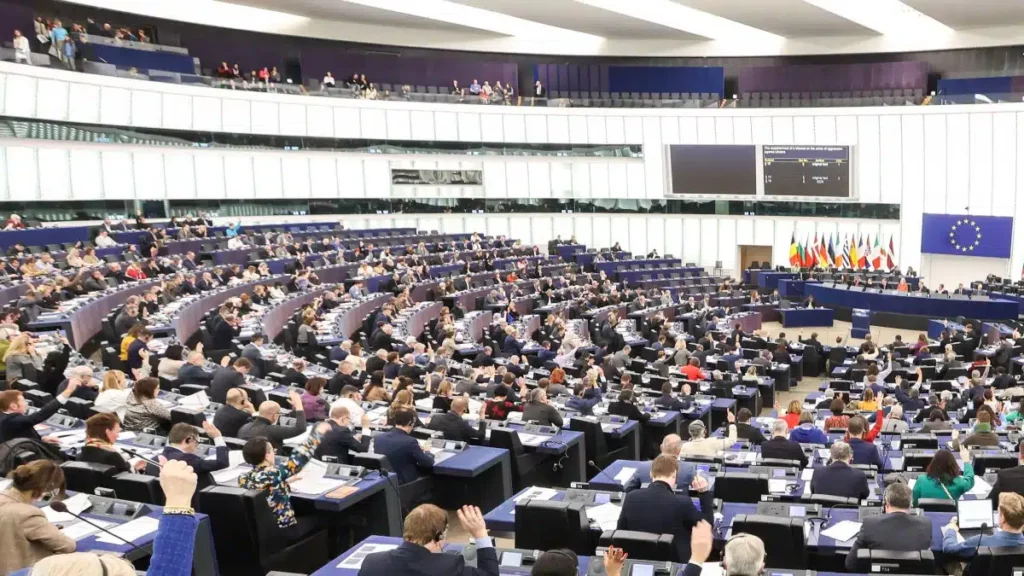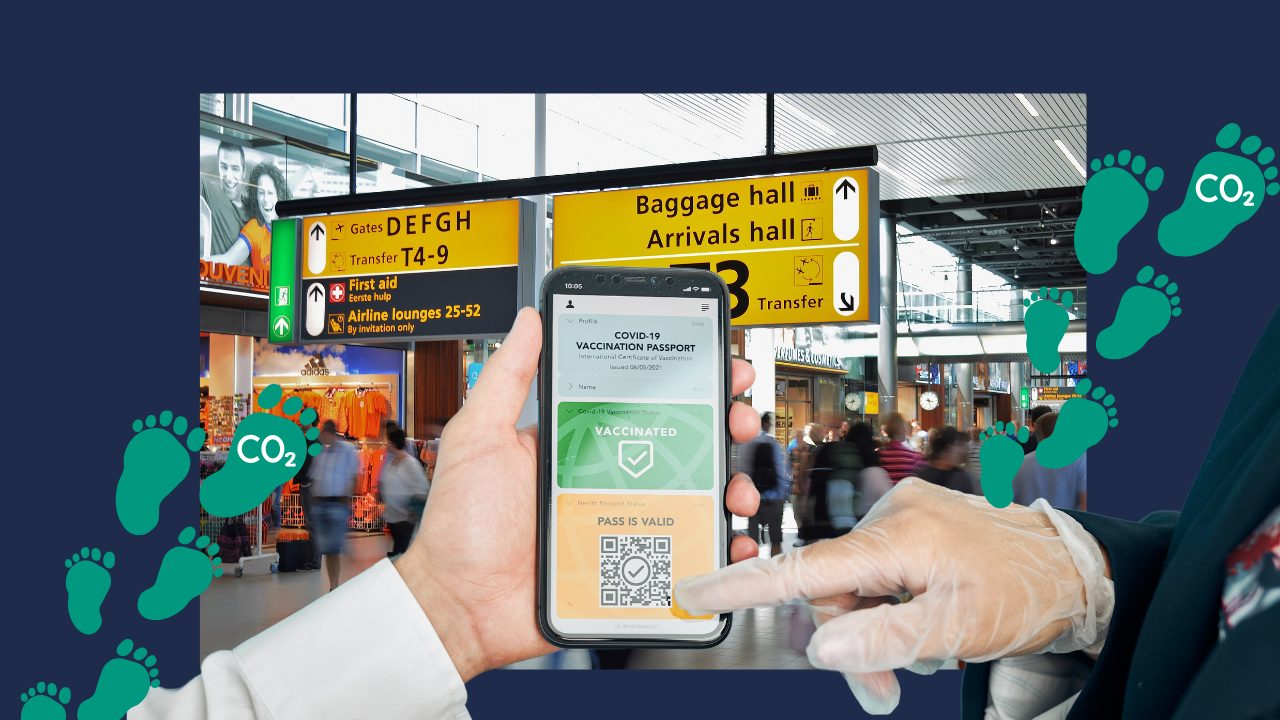The European Parliament decided in June to advocate for a ban on mass facial recognition used for identity verification, measuring the unique facial features of a specific image.
The new European law on artificial intelligence, which will enter negotiations later this month, builds upon the European Commission’s proposal from April 2021, setting standards for safety and fundamental rights. It will also establish strict rules for the use of artificial language models like ChatGPT. “AI has raised a range of concerns in terms of ethics, control, innovation… and the need to create the right legal framework,” said Parliament President Roberta Metsola.
Members of Parliament aim to distinguish which systems should be categorized as “high risk” and which should be prohibited. The protection of personal data plays a significant role in the proposal. They intend to veto remote biometric identification systems, whether in real-time or not, in public spaces, as well as the recognition of emotions.
The European People’s Party, led by Manfred Weber, submitted an amendment, which was rejected in the plenary, that would have allowed law enforcement agencies to use biometric recognition systems, such as facial recognition, “in real-time” in the event of a disappearance or a terrorist attack in public places. The ECR argued that this posed a threat to individual freedom and would transform states into a “police dystopia.”
NGOs suspect Brussels of using AI for facial recognition
Dutch and French NGOs have called for the use of AI-based facial recognition technology in the EU to be rejected. These NGOs suspect that the Brussels police have been using the technology for months.
Opponents of the technology argue that it violates citizens’ right to anonymity in public spaces, the right of assembly and the right to demonstrate. They also claim that the collection of such personal data can facilitate hacking and the exploitation of such information by hackers.












